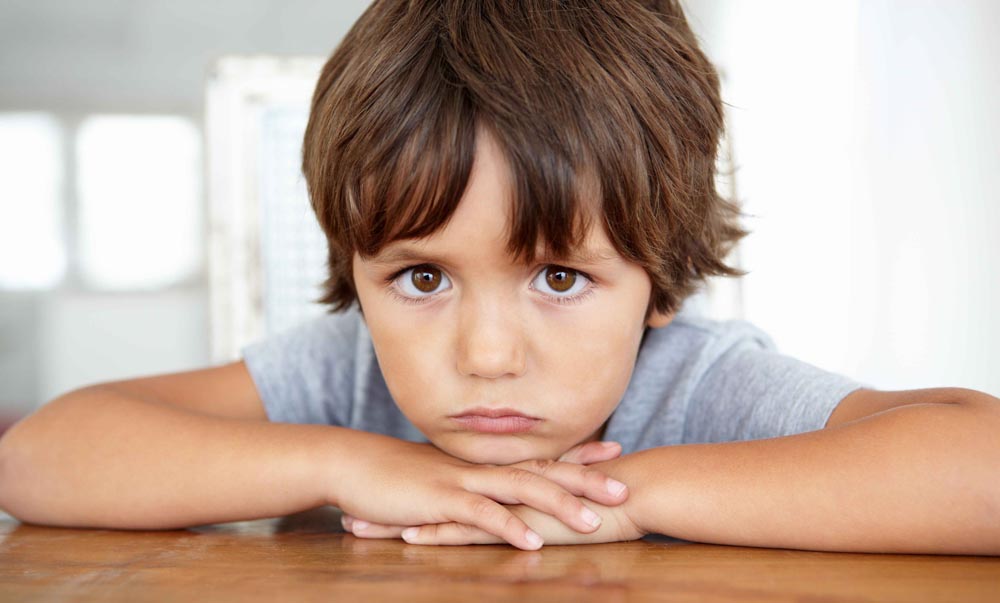M.A. Early Childhood Education: Trauma Studies
In addition to fostering an understanding of the many ways in which trauma is manifested in children—including abuse, assault, immigration, and violence—this master’s degree in early childhood education program with an emphasis in trauma studies will help inform students on how to provide guidance and support to children who are facing trauma in their lives.
Please note: All School of Education programs are taught in eight-week sessions: Fall I and II, Spring I and II, Summer 1 and II. All on-campus courses are “blended,” with 30 hours of face-to-face/in class instruction and 15 hours of online instruction.
Sample Trauma Studies Courses
Family Violence and Child Abuse
In this master’s in trauma studies course, students will learn to identify the signs and symptoms of trauma and child abuse. They will examine methods used in the identification of physical, emotional, and sexual abuse and neglect in young children. The course will place emphasis on identification of child abuse. Students will develop skills for working with children and families. The course includes topics such as child maltreatment, neglect, and child abuse. Students will learn about both federal and state laws regarding children’s rights and child abuse. They will examine the risk factors contributing to child abuse and understand their mandated reporting duties.
Separation, Deployment Trauma, and Early Development
This course will examine the different ways trauma can affect young children. Students will also understand the impact of deployment on children and will learn to understand the effects of the separation of the child from the parent both in the short or long term. Topics in this course will include causes of stress for children and childhood of trauma. Students will learn ways of enhancing resilience in young children. In this course, students will learn to find referral services for young children who have been exposed to trauma. They will learn about the cycle and stages of deployment, the difficulties faced by the deployed parent and the child, ways to speak to children about deployment, and ways to recognize warning signs of trauma in young children.
Death, Divorce, and Difficult Times
This course will explore the impact of death and divorce in the life of a young child. It will include an understanding of the grieving process. Students will learn about early childhood attachment theories of John Bowlby, Mary Ainsworth, and Harry Harlow. Students will examine the emotional, cognitive, behavioral, and physical reactions that children can have. They will look at the ways that inter-parental conflict can affect young children. They will also look at current research into this topic. Students will also examine the interventions that are available that benefit children of divorce or separation.
Admission Requirements
- Completed Application for Admission
- Application Fee
- Resume
- 500-Word Personal Statement
- Official Transcripts from all institutions attended
- Demonstrated commitment to the mission and values of Pacific Oaks College
- Successful completion of a bachelor’s degree or higher from a regionally accredited institution in Early Childhood Education or Child Development*
*Students who do not have a B.A. in either Early Childhood Education or Child Development are admitted based on completion of approved courses from a regionally accredited college/university.

